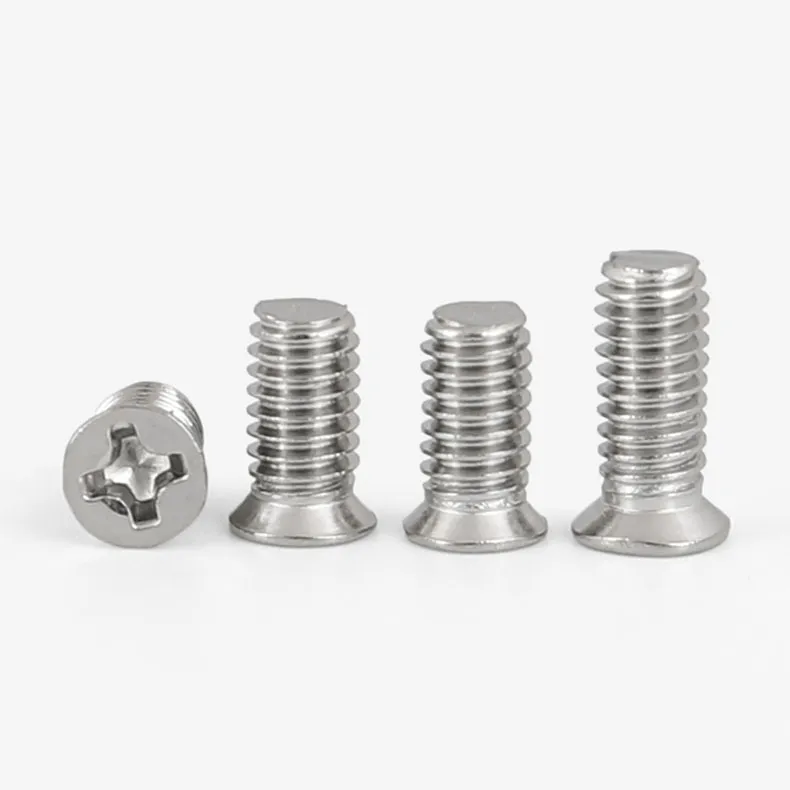

Exploring the Essential Role of Industrial Fasteners in Modern Manufacturing and Construction Industries
Jul . 27, 2024 14:13 Back to list
Exploring the Essential Role of Industrial Fasteners in Modern Manufacturing and Construction Industries
Understanding Industrial Fasteners The Backbone of Construction and Manufacturing
Industrial fasteners are indispensable components in the realm of construction, manufacturing, and a wide array of industries. These small yet mighty items are critical for joining, securing, and supporting various materials, ensuring the integrity and durability of structures and machines alike. From bolts and screws to nuts and washers, industrial fasteners play a pivotal role in enabling functionality and safety in multiple applications.
Types of Industrial Fasteners
Fasteners come in a myriad of forms, each tailored for specific requirements. The most common types include
1. Bolts Bolts are designed for heavy-duty connections. They typically require a nut to secure them in place. Their strength and ability to withstand high tension make them ideal for structural applications in buildings and bridges.
2. Screws Unlike bolts, screws can be used independently and are often self-tapping, meaning they can create their threads in materials like wood or plastic. Screws are widely used in furniture assembly and electronic devices.
3. Nuts Nuts are hexagonal blocks with a hole in the center that matches the diameter of a bolt. They are crucial for fastening components together, providing a mechanical connection that can be tightened or loosened as needed.
4. Washers Washers are thin plates of metal placed under a nut or bolt’s head to distribute the load, reduce friction, or prevent leakage. They serve as essential companions to bolts and screws, enhancing the overall reliability of fastened joints.
industrial fasteners

5. Rivets Rivets are permanent fasteners used primarily in metal applications. They are inserted through aligned holes in metal pieces and then deformed on one end to hold the components together securely. This method is commonly seen in aerospace and automotive structures.
Materials and Coatings
The material choice for fasteners is crucial, as it directly affects their performance and lifespan. Common materials include steel, stainless steel, aluminum, and plastic. Steel fasteners are widely used due to their strength and cost-effectiveness, while stainless steel offers superior corrosion resistance, making it ideal for environments exposed to moisture and chemicals.
Additionally, coatings are applied to fasteners to enhance their performance. Zinc plating, for example, provides corrosion resistance, while black oxide finishes offer aesthetic appeal and reduced friction during installation. The selection of materials and coatings must align with the specific environmental conditions the fasteners will encounter.
The Importance of Quality Standards
In industries where safety and reliability are paramount, the importance of adhering to quality standards cannot be overstated. Fasteners must meet rigorous specifications that dictate their strength, durability, and resistance to various environmental factors. Organizations such as the American National Standards Institute (ANSI) and the International Organization for Standardization (ISO) establish guidelines that manufacturers must comply with to ensure the integrity of their fasteners.
Conclusion
Industrial fasteners, though often overlooked, are a cornerstone of countless applications across various sectors. Their ability to withstand considerable forces and maintain stability is crucial for the safety and longevity of structures and machinery. As technology advances, so does the complexity of fastener applications, leading to innovations in design, materials, and manufacturing processes. Understanding the different types of fasteners, their materials, and the importance of quality standards is essential for engineers, manufacturers, and anyone involved in the design and construction of products. By appreciating the role of industrial fasteners, we can better ensure the reliability and safety of the infrastructures that support our modern world.
Latest news
-
High-Strength Hot Dip Galvanized Bolts - Hebei Longze | Corrosion Resistance, Customization
NewsJul.30,2025
-
Hot Dip Galvanized Bolts-Hebei Longze|Corrosion Resistance&High Strength
NewsJul.30,2025
-
High-Strength Hot-Dip Galvanized Bolts-Hebei Longze|Corrosion Resistance&High Strength
NewsJul.30,2025
-
Hot Dip Galvanized Bolts-Hebei Longze|Corrosion Resistance&High Strength
NewsJul.30,2025
-
Hot Dip Galvanized Bolts - Hebei Longze | Corrosion Resistance, High Strength
NewsJul.30,2025
-
High-Strength Hot Dip Galvanized Bolts-Hebei Longze|Corrosion Resistance, Grade 8.8
NewsJul.30,2025

